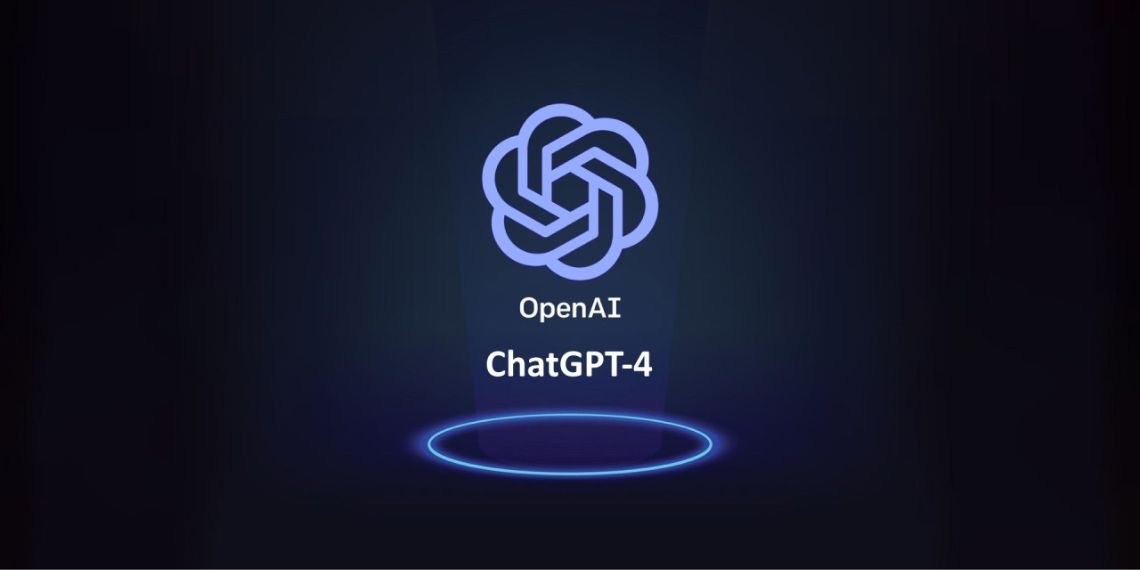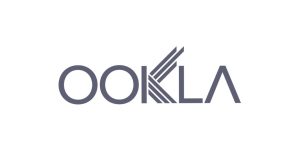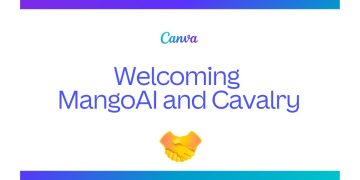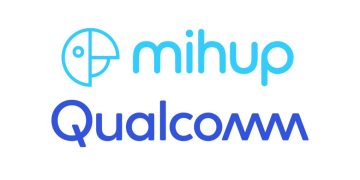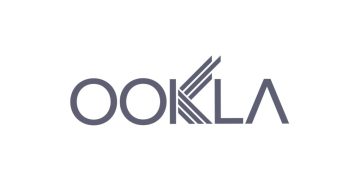OpenAI’s strides toward incorporating ChatGPT, an advanced language model, into classrooms have sparked considerable debate and anticipation within the educational sphere. As the tech giant aims to revolutionize learning experiences, educators and stakeholders navigate the promise of innovation against concerns surrounding academic integrity and evolving teaching methodologies.
Teachers’ Concerns and Changing Perspectives
The proposed introduction of ChatGPT into educational settings has triggered apprehensions among teachers, primarily centered on the prospect of increased cheating facilitated by AI. Their concerns revolve around the potential misuse of the technology by students, posing challenges in maintaining academic integrity during assessments and coursework.
However, OpenAI’s Chief Operating Officer, Brad Lightcap, acknowledges the evolving perceptions among educators. Initially viewed as a threat to traditional teaching roles, many teachers are gradually recognizing the inherent educational value that ChatGPT can offer to students.
OpenAI’s Collaborative Approach with Educators
At the forefront of OpenAI’s agenda lies a proactive engagement strategy aimed at working hand-in-hand with educators to explore the seamless integration of ChatGPT into the educational curriculum. Lightcap outlined OpenAI’s commitment to providing support and resources to assist teachers in leveraging this AI technology effectively.
The company’s initiative to establish a dedicated team underscores its commitment to fostering an understanding of ChatGPT’s capabilities among educators. OpenAI endeavors to engage in meaningful conversations, emphasizing both the advantages and potential risks associated with integrating AI into the classroom environment.
AI-Powered Educational Endeavors
Beyond the integration of ChatGPT, OpenAI has embarked on collaborations with prominent educational entities such as Khan Academy and Schmidt Futures. These partnerships aim to harness the power of AI to enhance learning experiences and provide educational resources to underserved communities.
Andrew Mayne, associated with Interdimensional, highlights the adaptability of ChatGPT in catering to diverse learning styles. Mayne underscores the AI’s non-judgmental nature, creating an inclusive space for students to explore and seek knowledge without fear of judgment.
Balancing Innovation and Ethical Considerations
While OpenAI continues to chart its path toward implementing ChatGPT in education, it faces the critical task of navigating the delicate balance between innovation and ethical considerations. The ongoing dialogue between technology developers and educators is pivotal in addressing concerns and ensuring a responsible and effective integration of AI into educational frameworks.
As the landscape of education evolves with technological advancements, the collaborative efforts between OpenAI and educators become crucial in harnessing the potential benefits of AI while safeguarding the integrity of learning environments.
Controversy and Anticipation: OpenAI’s consideration of integrating ChatGPT into classrooms has stirred debates, with educators expressing both anticipation and concerns about its implications.
Teacher Apprehensions: Educators have raised worries about potential cheating facilitated by AI, particularly during assessments and coursework, posing challenges to upholding academic integrity.
Shifting Perceptions: Despite initial fears, some teachers are acknowledging ChatGPT’s educational potential and its possible role in enhancing learning experiences for students.
OpenAI’s Engagement Strategy: Brad Lightcap, OpenAI’s COO, emphasizes the company’s proactive approach. They aim to collaborate closely with educators to assist in effectively integrating ChatGPT into the curriculum.
Balancing Benefits and Risks: OpenAI seeks to engage in meaningful discussions, highlighting both the advantages and potential risks associated with AI integration in classrooms.
Educational Collaborations: OpenAI has partnered with prominent educational groups like Khan Academy and Schmidt Futures to leverage AI to improve learning resources and access for underserved communities.
AI’s Adaptive Learning: Andrew Mayne emphasizes ChatGPT’s adaptability to cater to diverse learning styles, creating a non-judgmental space conducive to student exploration and learning.
Ethical Considerations: The dialogue between OpenAI and educators remains crucial in ensuring a responsible and ethical integration of AI into educational frameworks while navigating innovation and potential concerns.
Via @ businesstoday


